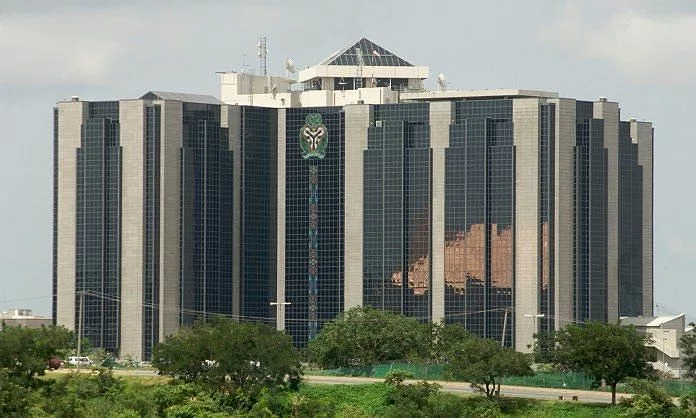In a move that brings relief to banking customers, the Central Bank of Nigeria (CBN) has extended the suspension of charges on cash deposits until September 30, 2024. This directive, communicated through a circular dated May 6, 2024, signed by Adetona Adedeji, the Director of Banking Supervision at CBN, marks a temporary reprieve for individuals and corporate entities across the nation.
The genesis of this development stems from concerns raised by customers of Deposit Money Banks regarding the resumption of processing fees on cash deposits starting May 1. An email shared by one of these concerned customers highlighted the impending burden of a two per cent charge on deposits above N500,000 for individuals and a two per cent charge on deposits exceeding N3 million for corporate accounts.
The CBN’s intervention, however, came as a silver lining. Through the circular, the apex bank reiterated its stance on the temporary suspension of processing fees, extending it for an additional period. “Please refer to our letter dated December 11, 2023, suspending processing charges imposed on cash deposits above N500, 000 for Individuals and N3,000,000 for Corporates,” the circular stated, referencing a previous directive. It further elaborated, “The Central Bank of Nigeria hereby extends the suspension of the processing fees of two per cent and three per cent previously charged on all cash deposits above these thresholds until September 30, 2024.”
This extension is particularly significant in light of the recent reinstatement of processing fees by banks following the expiration of the earlier suspension. Customers, who had enjoyed a waiver of these fees during the suspension period, faced the prospect of incurring charges once again on large cash deposits exceeding the prescribed thresholds.
During the suspension period, which ended on April 30, 2024, customers experienced a respite from the usual two per cent processing fee for individuals and three per cent for corporates on large deposits. This initiative was part of a broader regulatory measure aimed at fostering bank deposits and effectively managing liquidity within the financial system.
The CBN had earlier issued a directive to all banks, other financial institutions, and non-bank financial institutions, suspending the processing charges previously imposed on large cash deposits in December 2023.
This change, referenced under the “Guide to Charges by Banks, Other Financial Institutions, and Non-Bank Financial Institutions” affects deposits over N500,000 for individual accounts and N3,000,000 for corporate accounts.
Earlier in 2019, the CBN announced that it would begin to charge bank customers making cash deposits and withdrawals from September 19, 2019. In a circular made available to the public, the apex bank disclosed that the new policy of transaction fees was designed to reduce cash in use.
Banks, following the directive had sent messages highlighting the transition from fee waivers to the reintroduction of processing charges post-April 30, 2024. The email read, “Effective Wednesday, May 1st, 2024, processing fees have been reintroduced on cash deposits exceeding the thresholds.” This change signaled a return to the pre-suspension scenario, where customers would once again bear the burden of these processing fees.
The CBN’s directive, however, ensures that customers can continue to make cash deposits without incurring additional charges until the specified deadline in September 2024. This respite is particularly welcomed by individuals and businesses navigating economic uncertainties and seeking avenues to manage their financial transactions effectively.
It was recently reported that currency outside banks has surged in the month of March 2024 as Nigerians keep 94 per cent cash in hand. An analysis of the latest money and credit statistics data from the CBN showed that while currency in circulation was N3.87 trillion, currency outside banks was N3.63 trillion.
The broader context of this regulatory measure also underscores the CBN’s ongoing efforts to promote a cash-lite economy. Earlier initiatives, such as the introduction of transaction fees for cash deposits and withdrawals in 2019, aimed to reduce the volume of physical currency in circulation. Recent data indicating a surge in currency held outside banks further emphasises the need for strategic measures to balance cash usage while ensuring convenience and affordability for customers.
As Nigerians adapt to evolving financial landscapes and navigate the impacts of global economic shifts, the CBN’s decision to extend the suspension of cash deposit charges stands as a testament to responsive governance and a commitment to supporting financial inclusivity. With the temporary relief in place, customers can leverage this period to manage their financial transactions efficiently, contributing to a more resilient and robust financial ecosystem.





